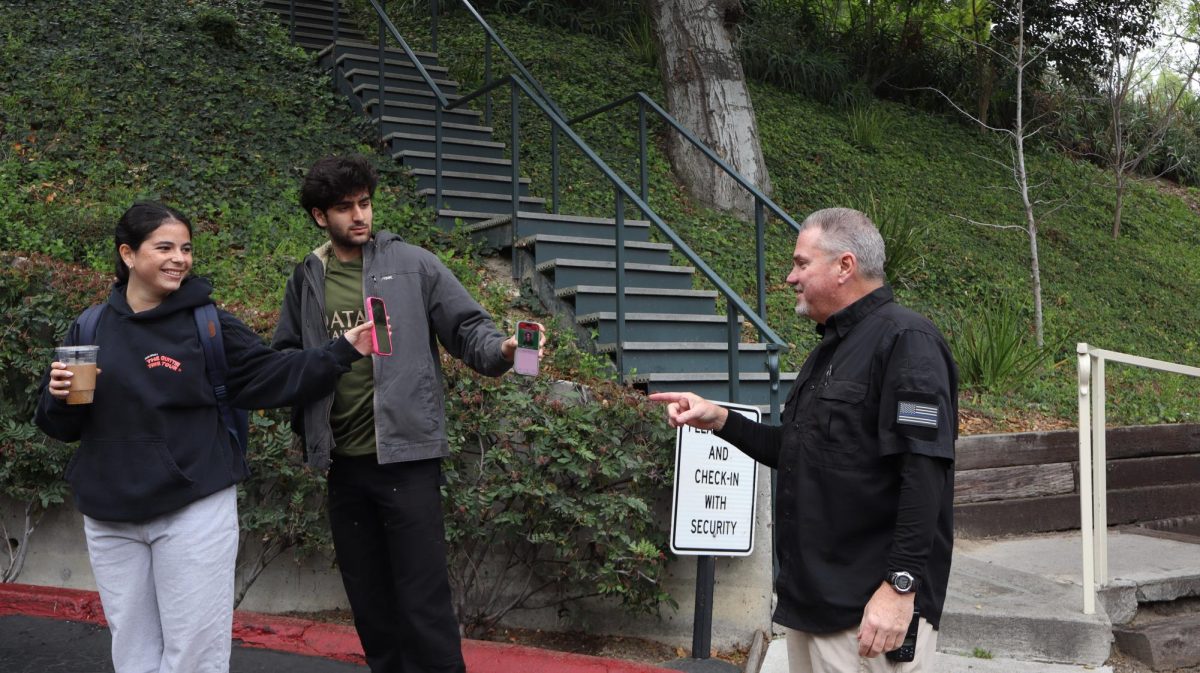Peter D. Kaufman, editor of the Business of Life class textbook “Poor Charlie’s Almanack” and CEO of electrical connector accessories company Glenair, told students that the key to productivity is finding simple solutions and relying on an understanding of how the world works in a lecture May 20.
Sarah Jensen ’14 said that Kaufman emphasized what the class’ teacher Rob Levin had been discussing throughout the year.
“It solidified what Mr. Levin has been teaching us all year by showing that applications of strategical simplicity or to use Mr. Levin’s term, intelligent laziness, can be really effective,” Jensen said.
Kaufman explained how smaller factors can create larger products known as emergent effects. Some combinations of factors produce unexpected and potentially useful effects. For example, when a family buys a puppy, the puppy may be frightened by its new environment. However, when the puppy is provided with care and safety for one week by its new family, it becomes intensely loyal to the family.
“For the puppy, it takes one week,” Kaufman said. “For a human being, it takes six months.”
This principle can be used effectively in human relationships as well, he said.
He told students that simple solutions can often yield the greatest benefits and shared how former NBA star Larry Bird chose his agent by mailing 80 potential agents and asking each one why he should pick him and whom he should pick if he did not pick him.
Kaufman also told students that one tip for success is using other people’s ideas in clever ways. For once, when asked how to provide security defense for the new second campus of Glenair, Kaufman suggested leaving an empty police car in front, a technique that he had seen before at a bank.
Several common problems or struggles that everyone experiences have simple, efficient solutions, he said. For example, when writing an essay for a college application, identifying and reading more about the founding father of whatever field the student wants to study makes the student appear knowledgeable while also teaching the student about the history of the field.
When applying for a job, if the interviewer asks the potential employee if he has any questions, asking “During your career, what has surprised you the most?” will give the interviewee an accurate glimpse into the interviewer’s work while also demonstrating the interviewee’s curiosity.






























